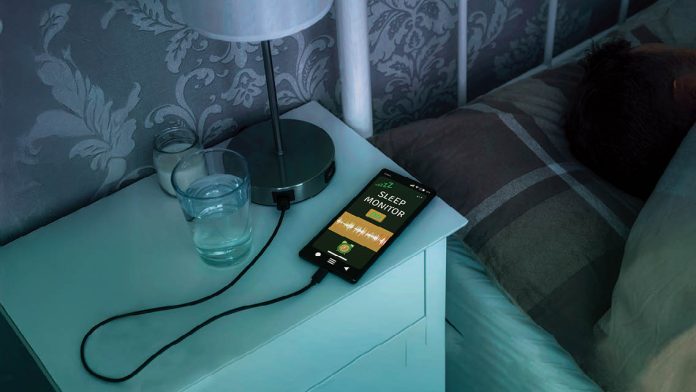With all we’re studying in regards to the significance of sleep, it’s straightforward to obsess about getting ample shuteye. Wearable sleep trackers and apps have arrived as an accessible option to quantify sleep high quality. But the reliance on such knowledge has raised a query amongst scientists: Are we sabotaging our sleep in our quest to enhance it?
There’s a reputation for the obsessive pursuit of optimum sleep — orthosomnia.
Orthosomnia has parallels to orthorexia, an unhealthy obsession with wholesome consuming characterised by a preoccupation with meals high quality (see “Orthorexia: When Wholesome Consuming Turns into an Obsession” for extra). Orthosomnia is equally perfectionistic.
We now have lengthy admired personalities who reportedly wanted little sleep, together with Thomas Edison and Margaret Thatcher. However it seems that individuals who require much less sleep — generally known as brief sleepers — might have genetic elements that permit for it.
For the remainder of us, a scarcity of sleep could be extra detrimental. Analysis exhibits that disrupted sleep can heighten the danger of metabolic weight problems and sort 2 diabetes; heart problems; impaired immune operate; Alzheimer’s and Parkinson’s; numerous psychological well being considerations; and sure forms of most cancers.
Way back to 2014, the Facilities for Illness Management and Prevention was warning that Individuals had been experiencing a sleep-deprivation epidemic. Since then, the CDC has continued to warn {that a} third of Individuals don’t get sufficient sleep.
A Sleep Paradox
Upon their introduction within the 2010s, shopper sleep trackers expanded on the info gathering of health trackers by monitoring sleep-related biometric knowledge, noise, and motion. They’ve been hailed by many sleep scientists: In his guide Why We Sleep, College of California, Berkeley, neuroscientist Matthew Walker, PhD, focuses on sleep trackers as a part of a transformative “new imaginative and prescient for sleep within the twenty-first century.”
Some 35 p.c of Individuals have used a sleep tracker, based on a 2023 American Academy of Sleep Medication survey; 77 p.c of them discovered the tracker useful and 68 p.c mentioned they’ve modified conduct primarily based on what they discovered.
“The sufferers’ inferred correlation between sleep tracker knowledge and daytime fatigue might grow to be a perfectionistic quest for the best sleep so as to optimize daytime operate.”
It hasn’t been candy goals for all, although. The time period “orthosomnia” was coined in 2017 by sleep researchers in a group of case research within the Journal of Medical Sleep Medication, the place the authors summarize their findings: “The sufferers’ inferred correlation between sleep tracker knowledge and daytime fatigue might grow to be a perfectionistic quest for the best sleep so as to optimize daytime operate.”
Consultants warning that these trackers present inaccurate or incomplete knowledge; others warn that twiddling with such units in mattress is dangerous sleep hygiene.
A 2023 editorial within the journal Nature and Science of Sleep sums up considerations, asking, “Might the widespread observe of self-monitoring of sleep … result in a sleep paradox, wherein preoccupation with good sleep induces stress, anxiousness, and arousal, compromising quite than enhancing sleep?”
How one can Use Sleep Trackers
The important thing with sleep trackers is aware use, explains neurologist David Perlmutter, MD. He recommends specializing in traits over time.
“Acknowledge that nightly variations in sleep are regular,” he says. “It’s affordable to get a baseline evaluation of sleep with a wearable system, and if the parameters are acceptable, it isn’t essential to trace thereafter each night time.”
A sleep tracker will help pinpoint the results of variables corresponding to caffeine consumption, blue-light publicity, ambient gentle and sound, and alcohol consumption, says Perlmutter. “As soon as an individual has achieved numbers which are acceptable, it is sensible to again off from using the system.”
General, he provides, use sleep knowledge as a normal information, not as an absolute measure. “Prioritize subjective emotions of restfulness and day by day functioning over striving for idealized metrics.”
This text initially appeared as “Orthosomnia: An Obsession With Sleep” within the Could/June 2025 problem of Expertise Life.


